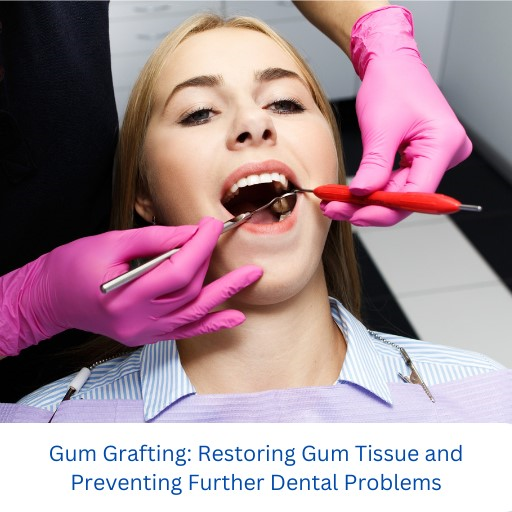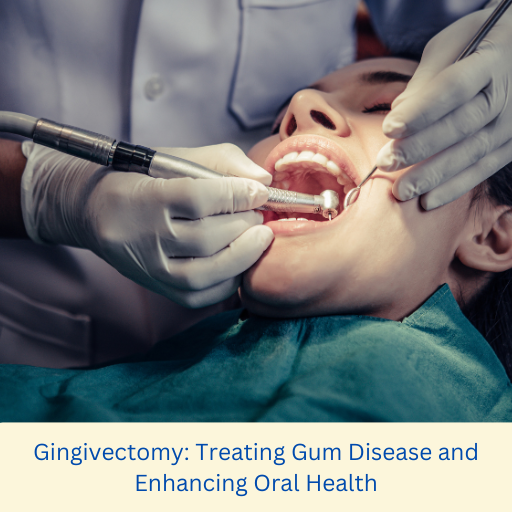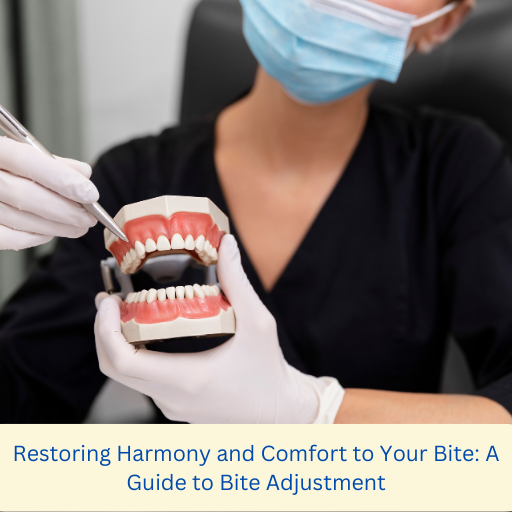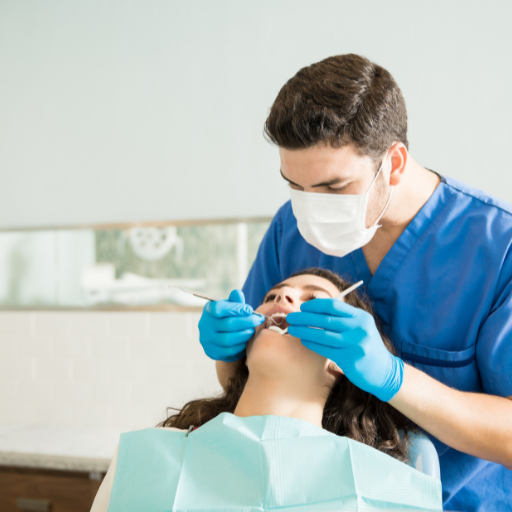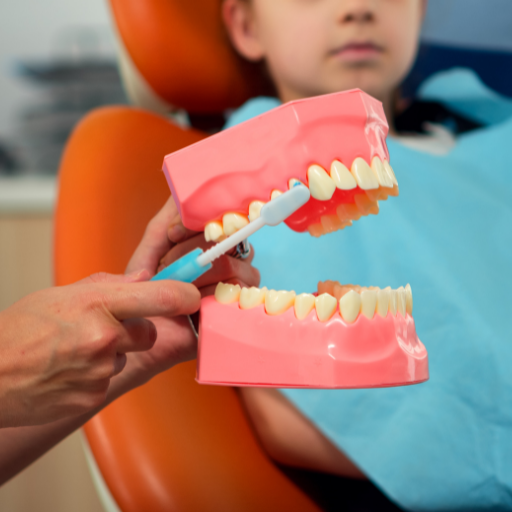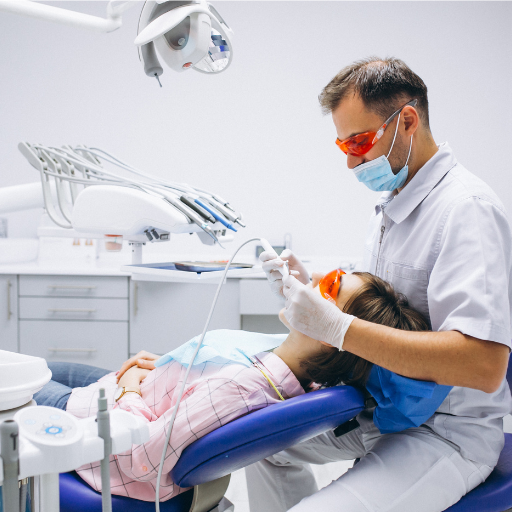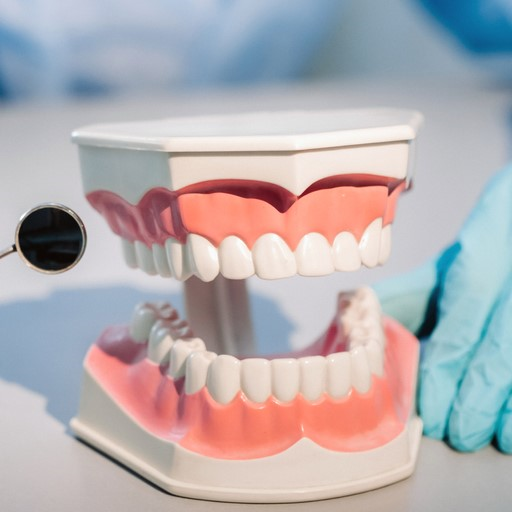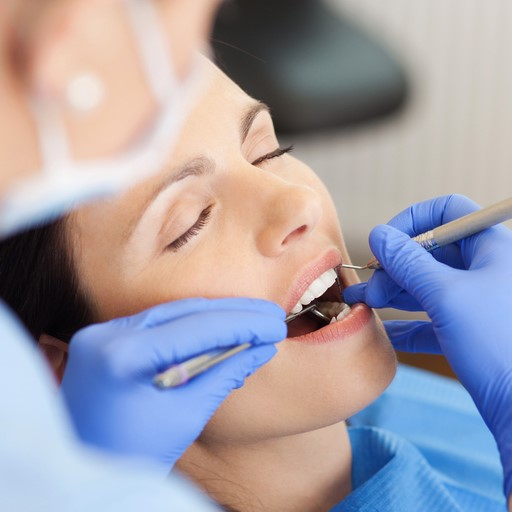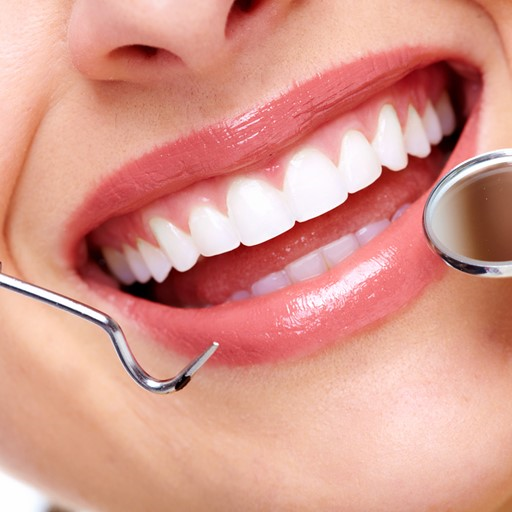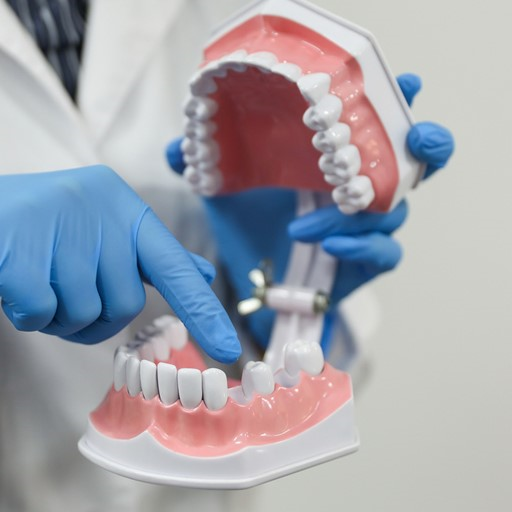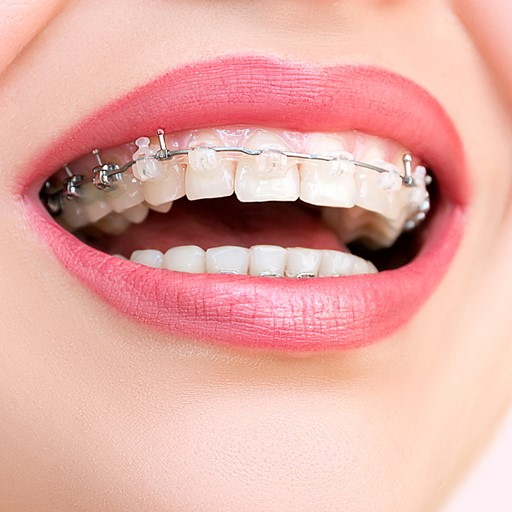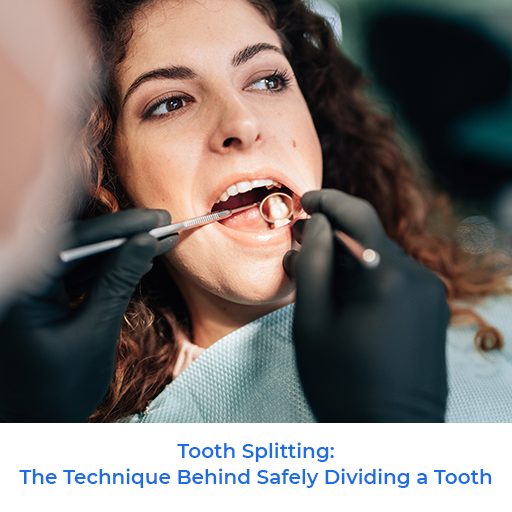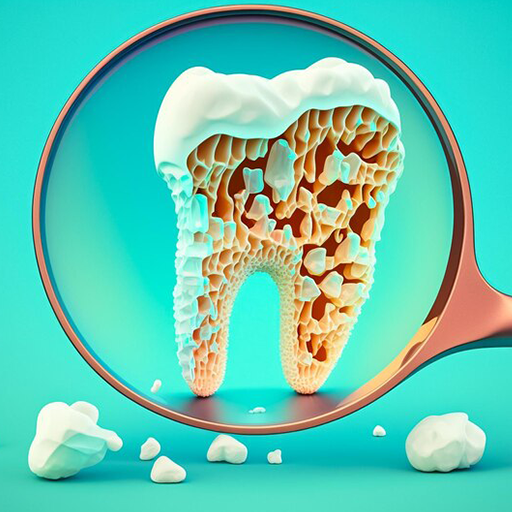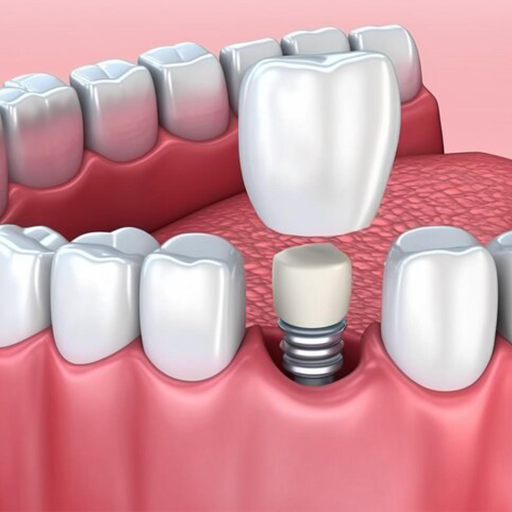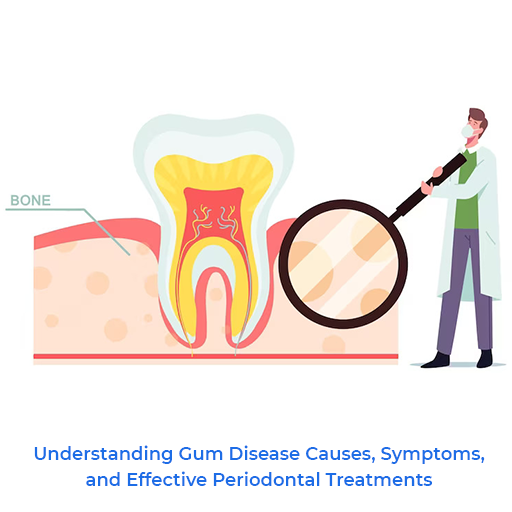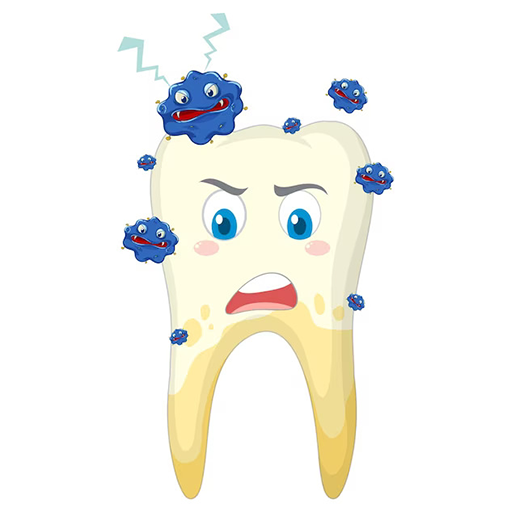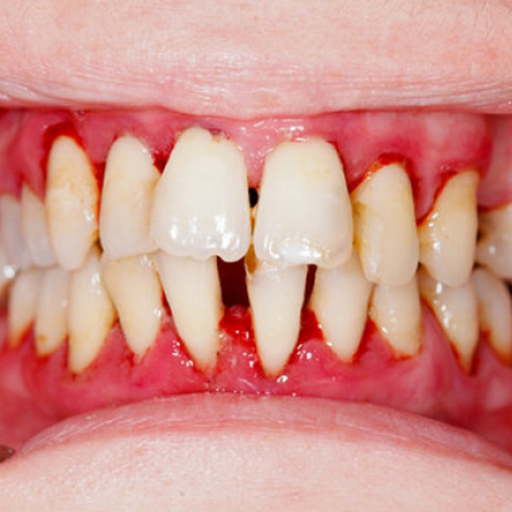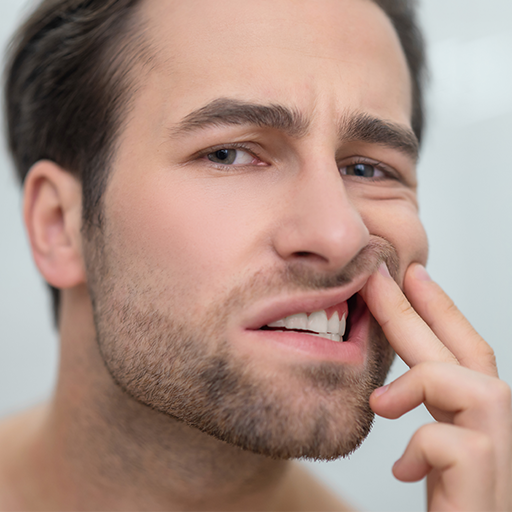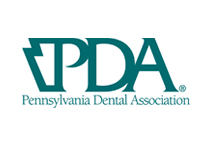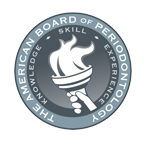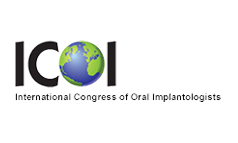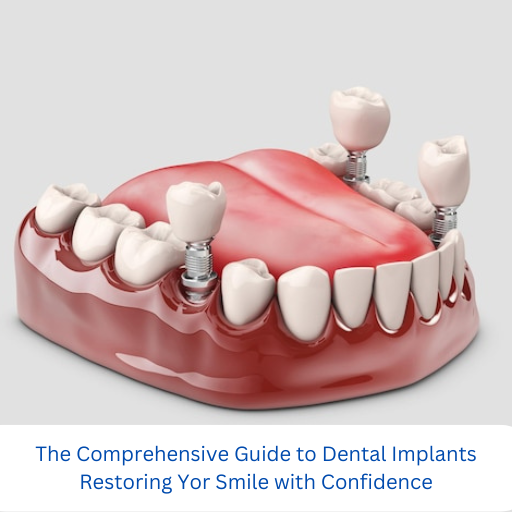
Are you tired of feeling self-conscious about missing teeth? Dental implants might just be the solution you’ve been searching for. These remarkable replacements can give you back your smile and confidence, but we understand that the process can sometimes be intimidating. That’s why we’ve put together this comprehensive guide to dental implants, complete with five easy and quick remedies to help you navigate your implant journey with ease. Missing teeth taking a toll on your self-confidence? The solution might be simpler than you think. Dental implants offer a chance to regain your smile and confidence. If the process seems overwhelming, fear not. Our comprehensive guide to dental implants is here to assist you. Unveil the transformative power of these replacements and explore five quick, stress-free remedies that will make your implant journey a breeze. Dental implants, the modern answer to missing teeth, hold the key to restoring your smile permanently. Crafted from materials like titanium that your body readily accepts, these implants are implanted into your jawbone. The result? A solid foundation for attaching lifelike replacement teeth, ensuring both aesthetics and functionality.
Summary
4. Longevity
5. Easy and Quick Remedies for Dental Implants
Understanding Dental Implants: A Quick Overview
Dental implants are artificial tooth roots made from biocompatible materials like titanium. They are surgically placed into your jawbone and act as a sturdy foundation for replacement teeth. Unlike traditional dentures, implants offer a permanent solution that closely resembles your natural teeth, both in appearance and function.
Dental implants, the pinnacle of modern dentistry, have revolutionized the way we approach tooth replacement. Crafted with precision and expertise, these incredible innovations consist of artificial tooth roots meticulously fashioned from biocompatible materials, with titanium taking the lead. The result is a remarkable fusion of science and aesthetics, offering a transformative solution to the challenges posed by missing teeth.
When undergoing a dental implant procedure, a skilled oral surgeon or periodontist employs their expertise to delicately place these implant anchors into the depths of your jawbone. This surgical precision ensures a secure and snug fit, turning your jawbone into a steadfast foundation for what will be your new teeth. This meticulous integration of the implants not only guarantees a stable and durable support system but also promotes bone stimulation, preventing the bone loss that often accompanies tooth loss.
However, the true magic of dental implants lies in their ability to replicate the natural look, feel, and function of your original teeth. Unlike traditional dentures, which can sometimes slip or feel uncomfortable, dental implants become an integral part of you. They seamlessly fuse with your jawbone over time through a process called osseointegration. This process not only ensures a solid connection but also provides the necessary stimulation to maintain the health and integrity of your jawbone.
As the implant fuses with your jawbone, a world of possibilities opens up. Imagine biting into your favorite crisp apple without a second thought, savoring the delight of a perfectly cooked steak, or simply sharing an infectious laughter with friends—dental implants empower you to embrace these moments with confidence. Their stability and strength grant you the freedom to enjoy life’s pleasures without fearing any embarrassing slips or discomfort that can come with traditional dentures.
And let’s not forget the aesthetic aspect. Your smile is your signature, an expression of your personality and confidence. Dental implants recognize this, offering a solution that not only restores functionality but also seamlessly blends into your unique smile. The replacement teeth, whether they are individual crowns, bridges, or even full arches, are custom-made to match the color, shape, and alignment of your existing teeth. This harmonious coexistence ensures that your smile remains authentically yours.
The Benefits of Dental Implants
Before we delve into the easy remedies, let’s highlight some of the incredible benefits of dental implants:
1. Enhanced Confidence:
Dental implants restore your smile and self-assurance, allowing you to socialize and interact without worrying about gaps in your teeth.
The transformation brought about by dental implants extends far beyond the realm of physical appearance. One of the most remarkable benefits is the restoration of confidence—a quality that radiates from within and leaves a profound impact on various aspects of life. Imagine the sheer liberation of being able to flash a spontaneous smile without hesitation, to engage in conversations without being preoccupied by the thought of conspicuous gaps in your teeth. This renewed sense of self-assurance has the power to permeate every facet of your existence, from social interactions to professional pursuits.
When you undergo the journey of dental implantation, you’re not just investing in a physical enhancement; you’re making a commitment to your emotional well-being. The absence of teeth, whether due to injury, decay, or any other cause, can cast a shadow over your self-esteem. It’s not just about how you perceive yourself—it’s also about the projection of that self-image to the world. Dental implants act as potent agents of change in this narrative. They provide you with the gift of a complete smile, one that mirrors your natural teeth in both form and function.
The effect of enhanced confidence resonates profoundly in social situations. Picture yourself at a gathering, surrounded by friends and acquaintances. With dental implants, there’s no more need to discreetly cover your mouth when laughter erupts. There’s no more need to feel self-conscious when engaging in conversations up close. The knowledge that your smile is whole and appealing empowers you to connect with others on a deeper level, fostering genuine interactions that transcend any underlying worries.
Furthermore, dental implants are not just about cosmetic improvements; they truly grant you the opportunity to regain control over your life. The confidence to indulge in your favorite foods without fearing discomfort or embarrassment is invaluable. You can savor that crunchy apple or that succulent piece of steak without compromise. This freedom extends to activities that involve public speaking or presentations, where your newfound confidence spills over into articulation and self-assuredness.
The ripple effects of this enhanced self-assurance extend into your professional endeavors as well. Confidence is a cornerstone of effective communication and assertiveness—qualities that often define success in various career paths. With dental implants, you’ll find yourself better equipped to tackle challenges, meet new people, and seize opportunities with vigor. The synergy between your outer appearance and your inner self-confidence can be the catalyst for professional growth and advancement.
2. Improved Functionality:
Implants function just like natural teeth, enabling you to eat your favorite foods without restrictions.
The restoration of missing teeth goes beyond aesthetics—it’s about reclaiming the full spectrum of functionality that a complete set of teeth offers. This is where the incredible advantage of dental implants truly shines, as they seamlessly bridge the gap between form and function. One of the most significant benefits of dental implants is the restoration of improved functionality, a transformation that liberates you from dietary restrictions and enhances your overall quality of life.
Imagine being able to indulge in your favorite foods without apprehension or discomfort. Dental implants grant you this very freedom. Unlike traditional dentures that can shift or slip while eating, dental implants function just like natural teeth. The firm anchorage of these artificial tooth roots within your jawbone ensures that they remain stable, allowing you to chew with confidence. This means no more worries about avoiding certain foods that are too hard, too crunchy, or too chewy—your dental implants can handle the task.
The enjoyment of food is a multi-sensory experience, and dental implants understand and respect this aspect of life. From the satisfying crunch of a crispy salad to the tender bite of a perfectly cooked piece of meat, dental implants enable you to savor every texture and flavor to the fullest. The enhanced functionality they provide brings back the joy of eating, transforming mealtime from a potential source of stress to a pleasurable ritual.
Moreover, the restoration of proper chewing function is not just about the enjoyment of food—it also contributes to your overall health and well-being. Efficient chewing is the first step in proper digestion. When you’re able to thoroughly chew your food, you aid the digestive process, making it easier for your body to extract essential nutrients. This, in turn, supports your overall health and ensures that you’re deriving maximum nutritional value from the foods you consume.
Beyond the dinner table, dental implants have a cascading effect on various aspects of your life. Your newfound ability to eat without restrictions extends to social situations and gatherings. Whether it’s a family dinner, a festive celebration, or a casual outing with friends, you can fully participate in the culinary experiences that define these moments. No longer will you have to watch from the sidelines or opt for simpler dishes due to concerns about your teeth.
The impact on your daily routine is equally noteworthy. The assurance that your dental implants provide allows you to confidently tackle presentations, speeches, or meetings without fearing that your dentures might slip or cause discomfort. This newfound self-assurance and freedom from dietary limitations collectively contribute to an elevated quality of life—one where you’re no longer held back by the restrictions that missing teeth can impose.
3. Preserved Facial Structure:
Missing teeth can lead to bone loss and changes in facial structure. Implants prevent these issues by stimulating the jawbone, maintaining its strength and integrity.
The impact of missing teeth transcends aesthetics—it can gradually reshape your facial structure and compromise the very foundation of your visage. This is where the extraordinary role of dental implants comes into play, acting as guardians of your facial integrity. The preservation of your facial structure is a crucial aspect of dental implants, and their ability to counteract the adverse effects of tooth loss is nothing short of remarkable.
When a tooth is lost, the surrounding bone that once supported it begins to deteriorate. This process, known as bone resorption, can lead to a shrinking of the jawbone over time. This can result in a sunken appearance, sagging of the skin, and even changes in the alignment of your remaining teeth. These changes not only affect your physical appearance but can also contribute to functional challenges, such as difficulties in speech and further tooth loss.
Dental implants, however, present a transformative solution to this issue. The act of implanting a titanium root into the jawbone creates a symbiotic relationship that simulates the natural stimulation that occurs when teeth are present. This stimulation is pivotal for maintaining the health and density of the jawbone. Just as muscles need regular exercise to remain strong, the jawbone needs the presence of tooth roots to prevent deterioration. Dental implants fulfill this role admirably, effectively preventing bone loss and preserving the structural integrity of your face.
Moreover, the preservation of facial structure goes beyond the physical. It’s about preserving your identity, your essence—the very contours that define you. The sunken appearance that can accompany tooth loss not only affects your outward appearance but can also influence your self-image. This subtle transformation can lead to a loss of confidence and a sense of detachment from your true self.
Dental implants offer a reprieve from these concerns. By maintaining the strength and integrity of your jawbone, they ensure that your facial contours remain unchanged. This contributes to a more youthful and vibrant appearance, allowing you to embrace the world with confidence and a renewed sense of self-assuredness. The preservation of your facial structure becomes a testament to the comprehensive impact of dental implants on both your physical and emotional well-being.
Furthermore, the positive influence of dental implants extends to adjacent teeth as well. The gap left by a missing tooth can cause neighboring teeth to shift and become misaligned over time. This not only affects your bite but can also lead to additional oral health complications. Dental implants fill this gap, providing stability and preventing any adverse movement of adjacent teeth. This alignment-preserving quality ensures that your smile remains harmonious and balanced, contributing to both your oral health and your facial aesthetics.
4. Longevity:
With proper care, dental implants can last a lifetime, making them a valuable and cost-effective investment.
The impact of missing teeth transcends aesthetics—it can gradually reshape your facial structure and compromise the very foundation of your visage. This is where the extraordinary role of dental implants comes into play, acting as guardians of your facial integrity. The preservation of your facial structure is a crucial aspect of dental implants, and their ability to counteract the adverse effects of tooth loss is nothing short of remarkable.
When a tooth is lost, the surrounding bone that once supported it begins to deteriorate. This process, known as bone resorption, can lead to a shrinking of the jawbone over time. This can result in a sunken appearance, sagging of the skin, and even changes in the alignment of your remaining teeth. These changes not only affect your physical appearance but can also contribute to functional challenges, such as difficulties in speech and further tooth loss.
Dental implants, however, present a transformative solution to this issue. The act of implanting a titanium root into the jawbone creates a symbiotic relationship that simulates the natural stimulation that occurs when teeth are present. This stimulation is pivotal for maintaining the health and density of the jawbone. Just as muscles need regular exercise to remain strong, the jawbone needs the presence of tooth roots to prevent deterioration. Dental implants fulfill this role admirably, effectively preventing bone loss and preserving the structural integrity of your face.
Moreover, the preservation of facial structure goes beyond the physical. It’s about preserving your identity, your essence—the very contours that define you. The sunken appearance that can accompany tooth loss not only affects your outward appearance but can also influence your self-image. This subtle transformation can lead to a loss of confidence and a sense of detachment from your true self.
Dental implants offer a reprieve from these concerns. By maintaining the strength and integrity of your jawbone, they ensure that your facial contours remain unchanged. This contributes to a more youthful and vibrant appearance, allowing you to embrace the world with confidence and a renewed sense of self-assuredness. The preservation of your facial structure becomes a testament to the comprehensive impact of dental implants on both your physical and emotional well-being.
Furthermore, the positive influence of dental implants extends to adjacent teeth as well. The gap left by a missing tooth can cause neighboring teeth to shift and become misaligned over time. This not only affects your bite but can also lead to additional oral health complications. Dental implants fill this gap, providing stability and preventing any adverse movement of adjacent teeth. This alignment-preserving quality ensures that your smile remains harmonious and balanced, contributing to both your oral health and your facial aesthetics.
5. Easy and Quick Remedies for Dental Implants
Maintaining the health and longevity of your dental implants is not only essential for their performance but also for your overall well-being. To ensure your implants stand the test of time, a comprehensive approach to oral care is paramount. Let’s delve into the five fundamental practices that will become your allies in nurturing and preserving your dental implants.
- Maintain Impeccable Oral Hygiene:
The foundation of implant longevity begins with consistent and diligent oral hygiene. Brush your teeth meticulously twice a day, using a soft-bristle toothbrush and a non-abrasive toothpaste. The gentle yet thorough approach helps remove plaque and prevents the buildup of harmful bacteria. But it doesn’t end there—daily flossing is equally vital. Glide dental floss between your natural teeth and implants to eliminate debris, safeguarding your oral health and the integrity of your implants.
- Rinse with Non-Alcoholic Mouthwash:
Opt for an alcohol-free, antimicrobial mouthwash as an integral part of your oral care routine. This specialized mouthwash not only freshens your breath but also serves as a protective shield around the implant site. It prevents the onset of infections that can compromise the stability of your implants. By maintaining the health of your gums, you minimize the risk of complications, ensuring your implants remain steadfast for years to come.
- Avoid Smoking and Limit Alcohol:
The impact of your lifestyle choices extends beyond your immediate health to the success of your dental implants. Smoking, for instance, significantly delays the healing process and heightens the likelihood of implant failure. Similarly, excessive alcohol consumption can interfere with the body’s natural healing mechanisms. By making conscious efforts to quit smoking and moderating alcohol intake, you set the stage for successful implant integration. These positive changes not only contribute to your overall health but also fortify the foundation of your implants.
- Choose Nutrient-Rich Foods:
Your diet plays a pivotal role in the healing process following implant placement. During the critical healing phase, embrace a diet rich in vitamins and minerals. Nourishing your body with foods like leafy greens, lean proteins, and dairy products accelerates recovery and supports optimal healing. These nutrients provide your body with the building blocks it needs to foster tissue regeneration and strengthen the bone structure around your implants.
- Attend Regular Dental Checkups:
Regular dental visits are the linchpin of your implant care regimen. Schedule routine checkups to enable your dentist to monitor the health of your implants and address any concerns proactively. These appointments not only ensure the longevity of your implants but also offer an opportunity to fine-tune your oral care routine. Your dentist’s expertise will guide you in maintaining impeccable oral hygiene and reaping the benefits of your investment in dental implants.
In summation, the care you provide to your dental implants goes beyond daily practices—it’s a commitment to your well-being. By embracing impeccable oral hygiene, rinsing with a specialized mouthwash, making positive lifestyle changes, embracing a nutrient-rich diet, and prioritizing regular dental visits, you actively participate in the journey towards lasting implant success. Remember, each practice contributes to the stability and longevity of your implants, fortifying the foundation of your radiant smile and allowing you to embrace life with confidence and vitality.
Conclusion
In the world of dental care, the evolution of dental implants has ushered in a new era of possibilities—where gaps in your smile no longer need to be a source of discomfort or self-consciousness. The journey towards restoring your smile and regaining your confidence is made more accessible with the five easy and quick remedies shared in this guide. As you embrace the transformative power of dental implants, you embark on a path of revitalization that extends beyond aesthetics, touching every facet of your life.
By adhering to these simple yet impactful practices, you secure the success and longevity of your dental implants. Impeccable oral hygiene becomes more than just a routine; it’s a commitment to preserving the strength and stability of your implants. The choice of non-alcoholic mouthwash and the conscious decision to avoid smoking and limit alcohol create a protective cocoon around your implants, fostering an environment of healing and integration.
Nutrient-rich foods become more than just sustenance; they become your allies in accelerating the healing process and ensuring that your implants thrive. And through regular dental checkups, you establish a partnership with your dentist—a partnership that serves as a safeguard for the well-being of your implants and your overall oral health.
In this journey towards a radiant smile that transcends the years, each of these practices contributes to building a solid foundation. A foundation that not only supports the physical aspects of your implants but also nurtures the sense of confidence and self-assuredness that comes with a complete and stunning smile. It’s a journey where your relationship with your dentist evolves into a collaboration for enduring oral health.
As you bid farewell to self-consciousness, you greet each day with the newfound assurance that your smile is a reflection of your vitality and well-being. The radiance you exude becomes a testament to the remarkable synergy between modern dentistry and your commitment to self-care. In essence, you’re not just investing in dental implants; you’re investing in yourself—your happiness, your confidence, and your future.
So, as you step into this new chapter with dental implants, remember that you hold the power to transform your smile and rewrite your narrative. A smile that radiates confidence and charm, a smile that is a testament to the triumph of science and self-care. Embrace these remedies, nurture your oral health, and relish the lifelong journey towards a radiant smile that tells the story of your strength and resilience. Say hello to the unwavering confidence that accompanies a healthy smile, and let your smile light up every moment, every interaction, and every memory—illuminating your path towards a future filled with joy, laughter, and the boundless possibilities of life.
Thank you for exploring the world of Comprehensive Guide to Dental Implants with us. If you’re eager to delve deeper into this topic, we invite you to visit our https://premierperiodonticspa.com/ There, you’ll find a wealth of comprehensive resources that can expand your knowledge. Moreover, if you have any specific questions or require personalized assistance, we’re here to help. Feel free to reach out to us at (267) 908-4867, and our team will be more than happy to assist you



